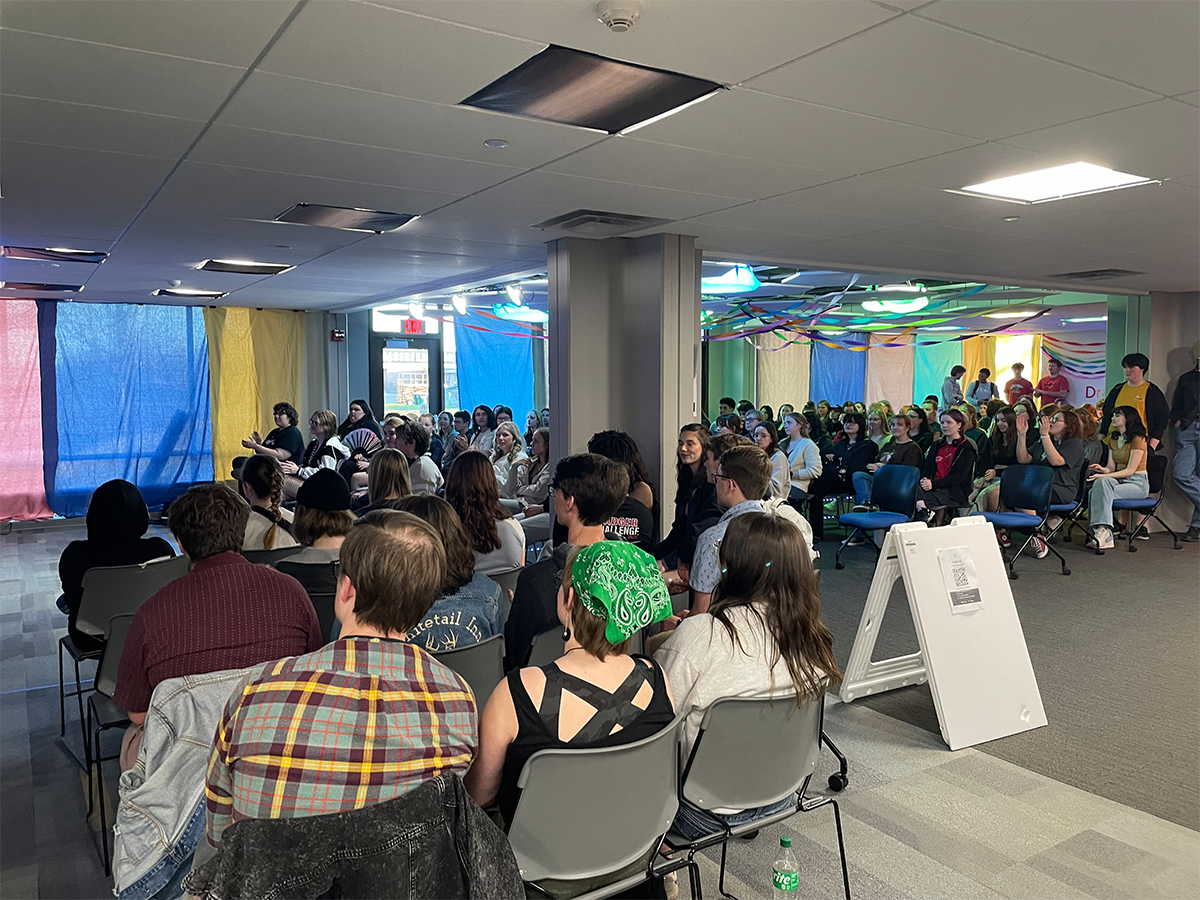When the Portland, Ore.-based indie rockers Portugal. The Man busted out tracks from their new album American Ghetto at Minneapolis’ Varsity Theater a few weeks back, the general buzz was that it sounded exactly like the band’s summer 2009 release, The Satanic Satanist.
Though simplistic, in some ways those observations were correct. Yes, Portugal brought back the catchy, repetitive choruses, spiritually infused lyrical content and those one-of-a-kind falsetto melodies, but those things are the elements that have defined the sound of the band throughout their six studio albums.
When American Ghetto was released, though, subtleties that didn’t translate in the live performance revealed a darker, much more beat-heavy groove not seen in the twangy, sunny-day feel of the The Satanic Satanist.
The album kicks off with its first single “The Dead Dog,” which seems to be a psychedelic portrait of some dive bar full of, well . ghetto dwellers?
In true Portugal style, singer/guitarist John Gourley maintains an unparalleled flow in “The Dead Dog,” crooning, “You’ll find me at The Dead Dog/But boy I gotta warn you/ These people they, they didn’t try.”
“The Dead Dog” sets the pace for the rest of the album, and its feel stretches back to the early days of Portugal. The Man and songs like “AKA M80 The Wolf.”
The first seven of the album’s 11 tracks are extremely cohesive, and as soon as the irresistibly catchy “60 Years” and “All My People” rumble their way into one’s brain, they are there to stay.
The party comes to an abrupt halt with the oddly irritating “Do What We Do” but picks right back up with the trippy “Some Men” and closes with the very dancy, synth-soaked “When The War Ends.”
Though it is the album’s oddball, “When The War Ends” is the one blatant – and necessary – connection to The Satanic Satanist. The track’s anti-war sentiment is reminiscent of The Satanist’s “People Say.”
And though Gourley’s voice hasn’t changed, the vocal styles on American Ghetto are different. Whereas female backup and response vocals once gave Portugal a unique retro feel, they are fewer and far between on the new record.
Topping The Satanic Satanist would be nearly impossible, and with that said, American Ghetto falls just short. However, it is just one more healthy progression for a truly innovative band.






